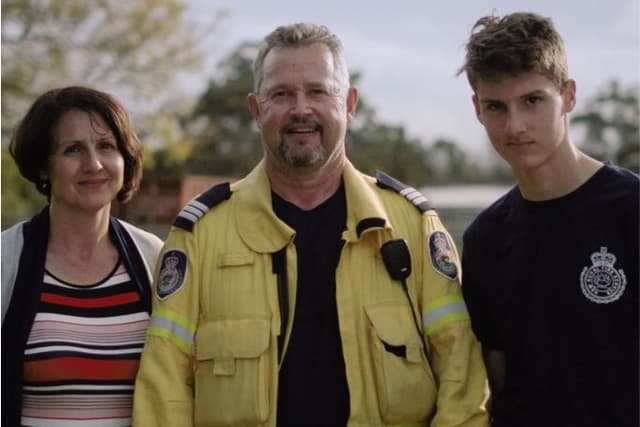
Resilient Australia - Enacting Social Change Around Climate Change And Hazards
Lesson5 of 9 in this unit
SecondaryYear 7 - 8EnglishReadingEnvironmentalDisaster resilienceSocialLeadershipSocial Action
Summary
Lesson Guides and Printables
Lesson Plan

Student Worksheet

Teacher Content Info
